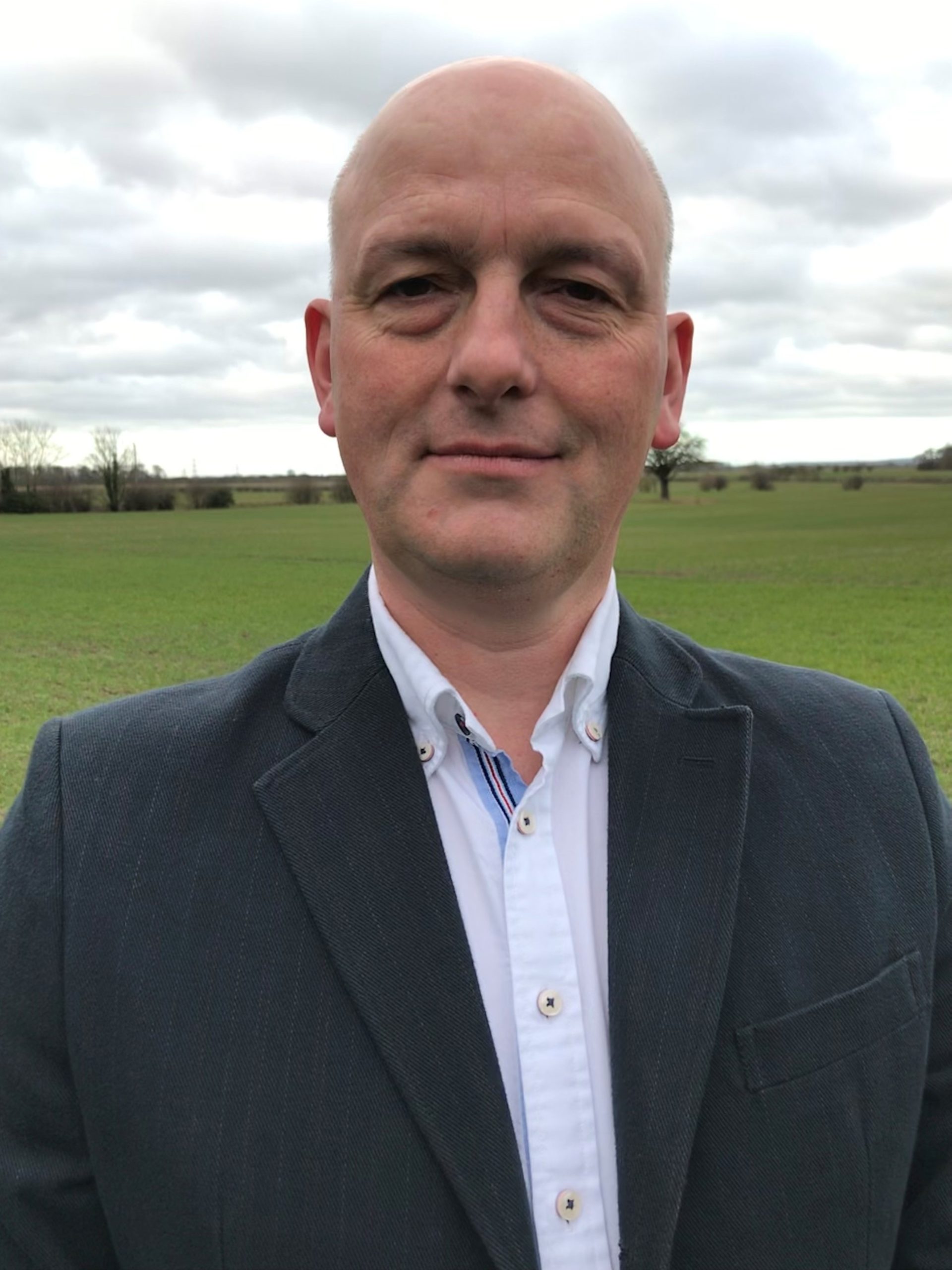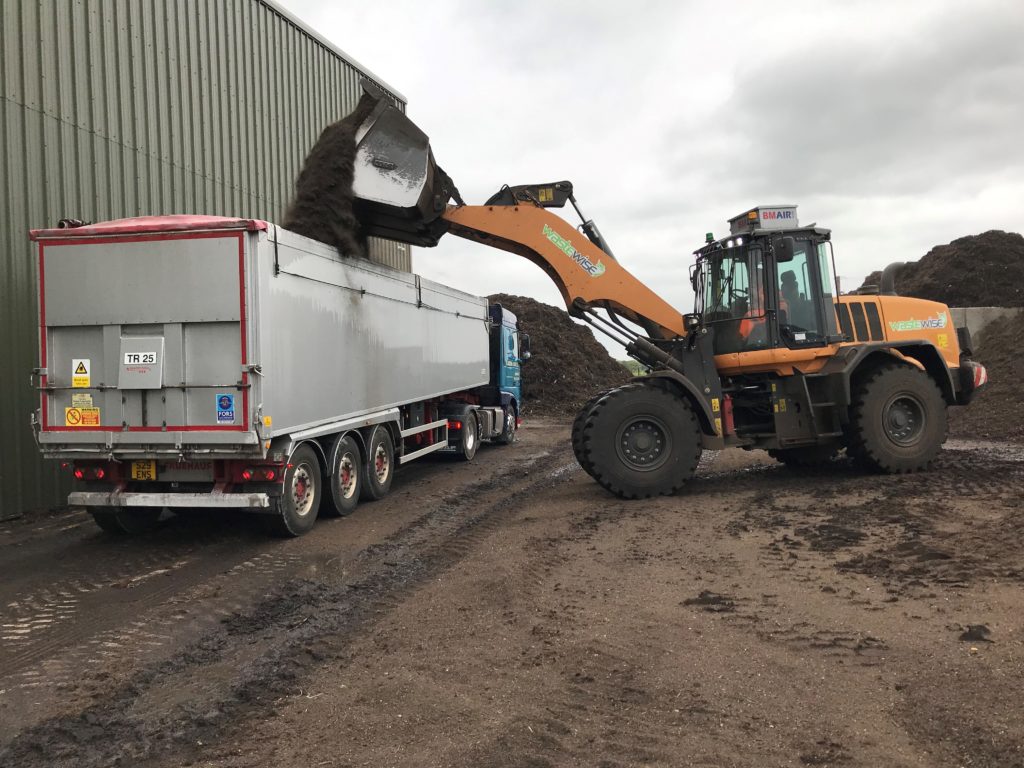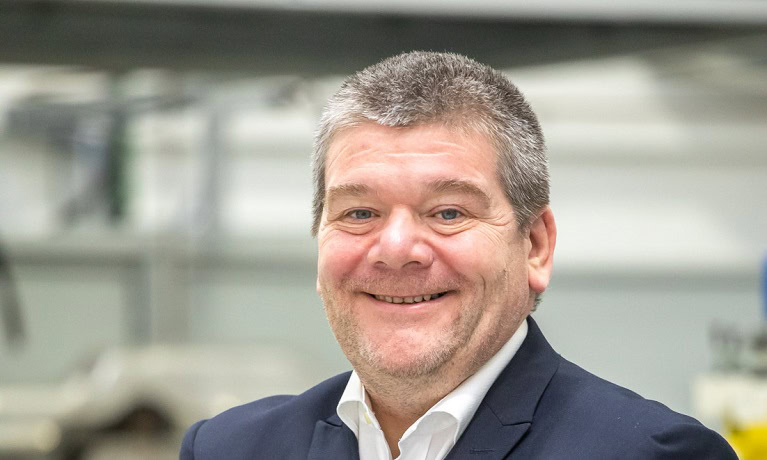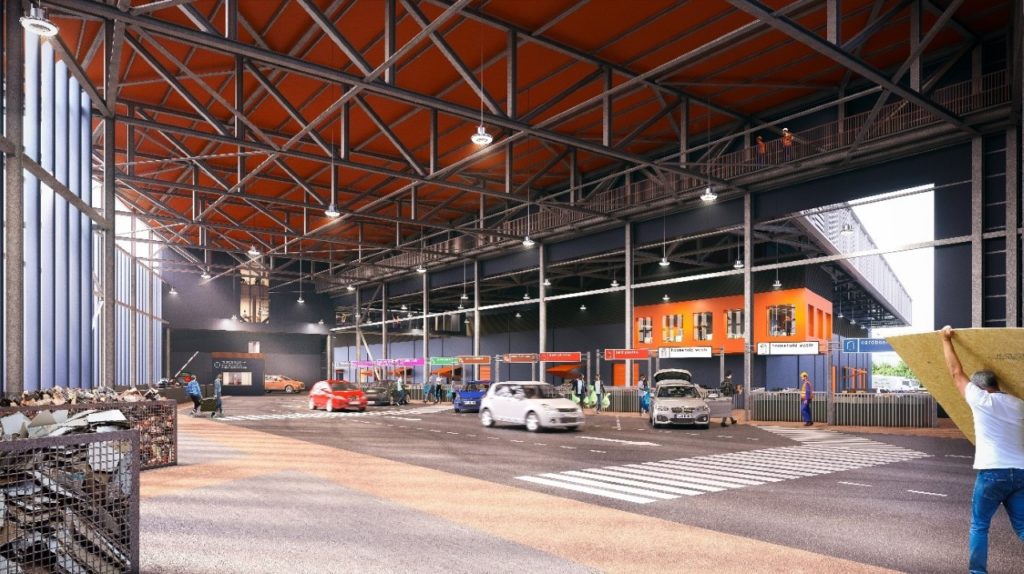The switch last year comes as the costs of oil-based fertilisers are topical this month, having have more than tripled, with prices reaching close to £1,000 per tonne (see letsrecycle.com story).
Due to the current fertiliser crisis, Wastewise – which has its head office in Hull – has chosen to highlight its success in getting farmer Kristian Charlesworth of Red Hall Farm in Leighton Grange, Crewe to use the compost output. Mr Charlesworth’s farm is located adjacent to the Cheshire East council’s IVC facility which is built and operated by Biowise, a trading arm of Wastewise.
The facility can process up to 75,000 tonnes of food and garden waste annually, with over 95% of the waste inputs recycled into BSI PAS100 certified compost of various grades, the company says.
Replacement
Biowise says the compost serves as a replacement for oil-based fertiliser and, due to its certification, is heavily regulated to ensure it is spread to the right density.
The company says its plant-based structure can also help improve the composition and drainage of the land. Moreover, it is significantly cheaper than oil-based fertiliser.
Mr Charlesworth said: “I needed to try out the product first, taking 1,000 tonnes as a trial. I was not disappointed.”
The farmer added that his land is “much improved” and he has saved on his costs significantly.
“The quality of the product was really very high, with plastic contamination extremely minimal. It gave us the confidence to place an order for 2,000 tonnes in 2022.”
Circular
Cheshire East council’s garden and food waste is recycled at the Biowaste facility. Wastewise notes that, with Mr Charlesworth’s farm located next to the recycling plant, the compost does not have to travel far and is collected by tractor to be put directly onto the land.
Wastewise
The company operates three composting facilities across the north of England, processing more than 200,000 tonnes of organic waste a year.

Bob Wilkes, Wastewise’s managing director, said: “The use of sustainable waste treatment methods helps to achieve zero waste to landfill. Composting is nature’s way of recycling organic waste, being an environmentally responsible and cost-effective method.
“If we can assist a local business in replacing a costly fossil fuel-based commodity with a fully recycled product, then it only adds to that story of environmental responsibility.”
Mr Wilkes recently took over the role of managing director from James Landau, who moved to the position of executive chairman.









Subscribe for free